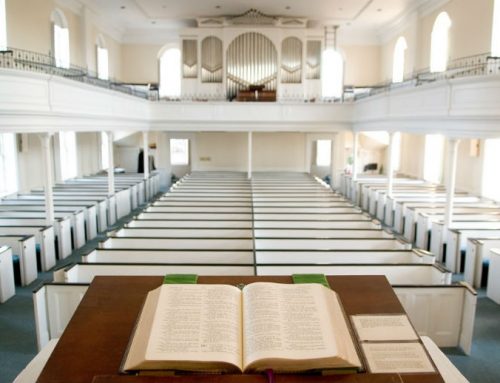For you folk who want to cut to the chase, here’s the question for this week: Does the gospel (and the scriptures in general) speak to how we ought to treat the stranger in our midst? Might it guide us in advocating for public policies about immigration? And if so, how can we faithfully (ahem…) use the Bible for this purpose.
[Sidenote: anybody want to comment on the difference between a split verb and a split infinitive? Alas, I digress]
BACKGROUND…First, a review of last week’s sermon.
HOSPITALITY. We usually think tea and cookies when we think of this word, but my main point in the sermon last week was that hospitality is at the heart of the gospel.
* It’s important because we all know what it’s like to be a stranger – as the people of Israel were strangers in Egypt, we’re all in touch with estrangement at a deep, human level. Not only the Junior High sort of looking-at-our-feet-at-the-dance stranger experience. It is the story of our incomplete humanity to feel “not at home” anywhere. We are “restless” sojourners until we “rest in thee.”
* It’s important because it’s what God does for us. Welcomes us into the household of God. “Thou hast set a table before me in the presence of mine enemies. Thou anointest my head with oil. My cup overflows.” These are images of divine hospitality to humans who are yearning for home. “…And I shall dwell in the house of the Lord all the days of my life.”
* It’s important because God came to us as a stranger. It’s how we experience God–through the stranger. “And the recognized him in the breaking of the bread.” Bread broken with the mysterious stranger, in someone else’s home.
That’s where I jump off this week – in this week’s sermon. I’m going to talk about immigration and what the gospel – what the scriptures in general – might have to say in guiding how we might think about it.
I’m still formulating my sermon – but one thing that is a danger I wish to avoid is to be cavalier or quick about making connections with immigration policy based on the scriptures. The world in which the the biblical writers were living is a completely different place. No Holiday Inns, for example, made hospitality a most sacred obligation, key to the survival of all travelers.
That said, there are some pretty obvious ethical and religious guidelines about how we treat the person who happens to be the foreigner within our land. Less clear is how we ought to use the Bible in formulating policies about immigration.
Here is also where we may need to talk a bit about social analysis – not just Biblical exegesis. Why is our immigration policy so out of whack? Why are some saying it isn’t fair? Why are some so afraid of “the other” wrecking our way of life (if that indeed is true – and I believe it is).
In any case – this is perhaps a “partial post” – I will post more after the sermon.
But I would very much welcome any thoughts or insights in advance of this Sunday’s sermon, as I sit down to write tomorrow
Jeff V. (written Thursday at 4:15pm)




